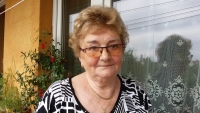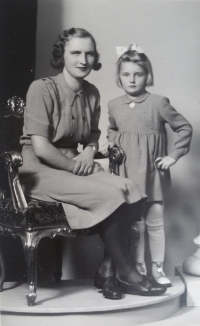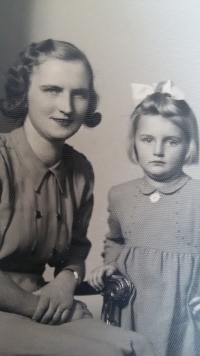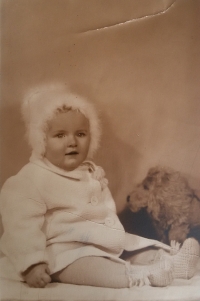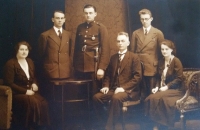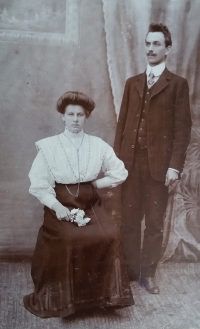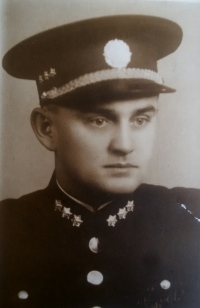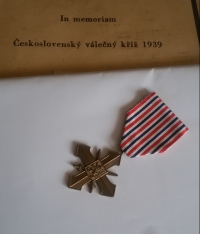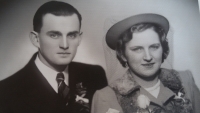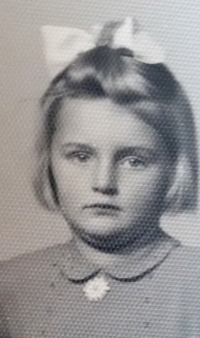My first childhood memory? How my mother was afraid to go home because of the Gestapo
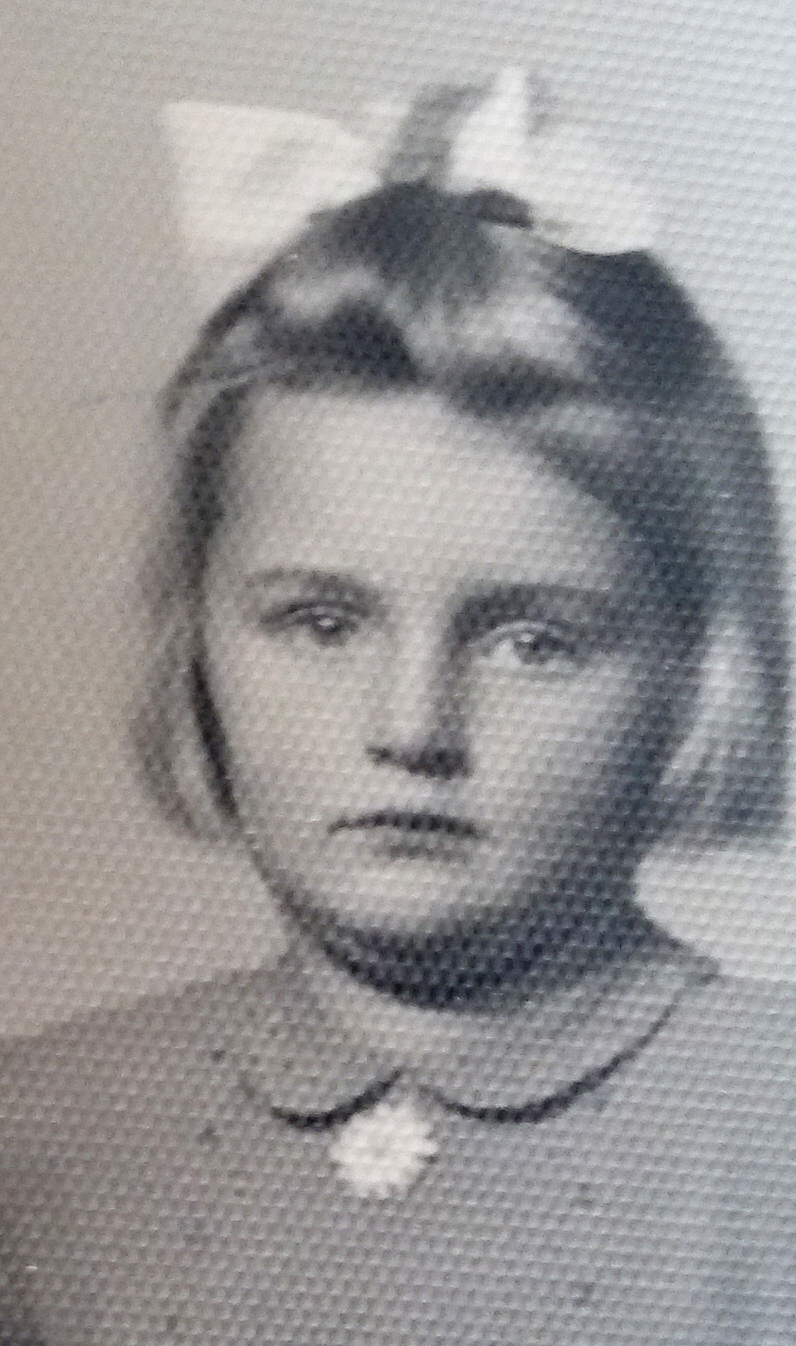
Stáhnout obrázek
Jiřina Perglová, born Kosíková, was born on February 14, 1941 in Prague as the only child of František and Jiřina Kosíková, who came from Kladno. They left for Prague before the war. František Kosík studied mechanical engineering, but in 1936 he joined the police in Prague 6 due to a lack of job opportunities. In 1939 he joined the resistance activities of the Defense of the Nation (Obrana národa, ON for short), where he worked together with Mašín, Morávek and Balabán. Thanks to his position in the police department, he provided the resistance fighters with false documents and also provided them with food stamps. In the years 1941-1942, Václav Morávek stayed at the Kosík house, and he later shot himself in March 1942 while surrounded by the Gestapo. The Gestapo found two pairs of keys to two apartments and set out in search of their owners. One of the keys belonged to the Kosík family. Based on these charges František Kosík was arrested by the Gestapo and on July 31, 1942, he was shot at the Kobylisy Shooting Range. Jiřina was then a year and five months old, and her widowed mother was 22 years old. In the years 1947-1950, Jiřina went to primary school in Prague Dejvice, then she lived in Kladno with her grandparents Anna and Václav Kosík until 1954, so the communists, among other things, wouldn’t put a foreign tenant in their apartment due to so-called „excess meters“. Jiřina graduated from the Prague Graphic School in Hellichova street in 1961 and in the same year she married the printer Jan Pergl, who did external teaching at the school. They raised two children together. Jiřina Perglová worked for 33 years at the State Pedagogical Publishing House as a technical editor. After the Velvet Revolution, she was a technical editor at the Septima Publishing House. She worked until she was 70 years old. The Kosík family was so traumatized by the execution of František that they were no longer interested in politics and lived for the family. Jiřina Kosíková, the widow of František Kosík, never married again. She died in 2003.
